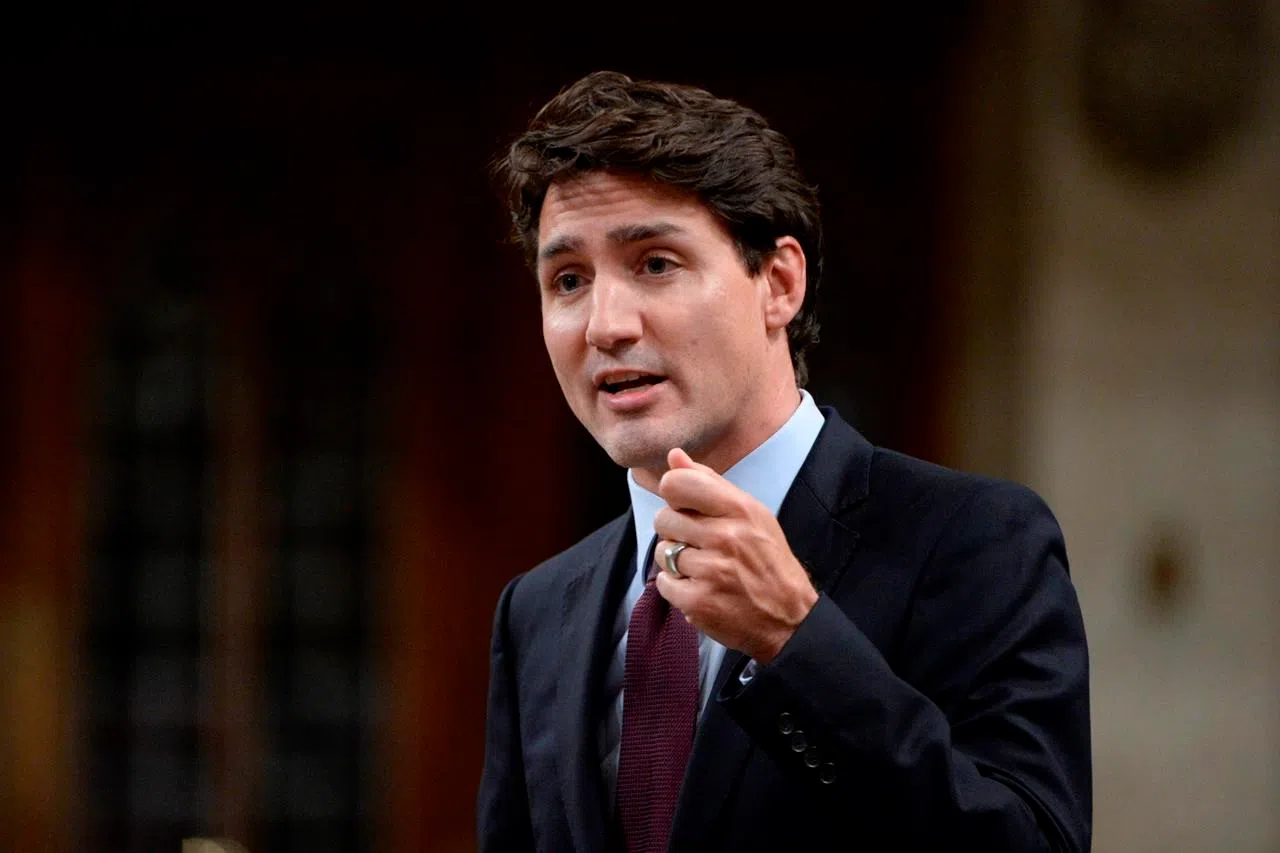
Trudeau credits Liberal economic agenda for upset win in Quebec byelection
OTTAWA — A triumphant Justin Trudeau contends the Liberals’ stunning byelection victory in Quebec’s nationalist heartland is a vote of confidence in his government’s economic agenda.
Implicit in the prime minister’s assertion is that it’s also a vote of confidence in the man who’s presided over that economic agenda, embattled Finance Minister Bill Morneau.
Opposition parties counter that Monday’s upset Liberal win in Lac-Saint-Jean was more the product of a well-known local candidate — Richard Hebert, the outgoing mayor of Dolbeau-Mistassini — and voters’ belief that their region stands to benefit by siding with the party in power.
But they’re also conceding the result shows their newly minted leaders — Conservative Andrew Scheer, New Democrat Jagmeet Singh and Bloquiste Martine Ouellet — have a lot of work to do to become competitive in the province most likely to determine the outcome of the next federal election in 2019.
